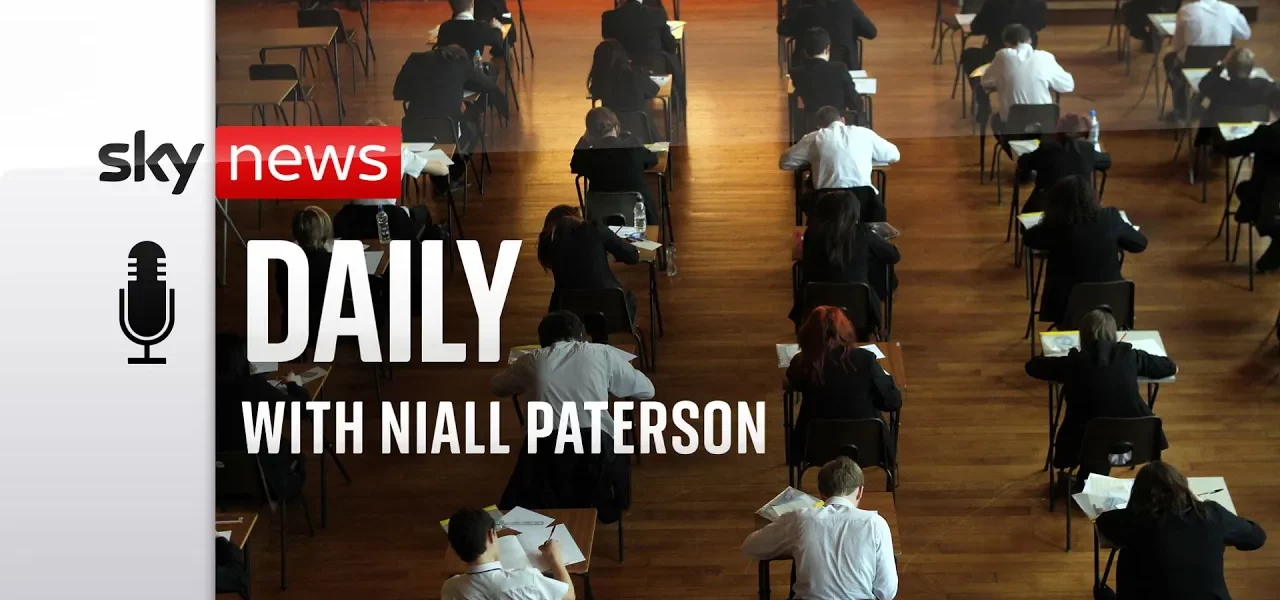GCSE Results Day: Insights and Challenges in UK Education

Welcome to our comprehensive exploration of the GCSE results day in the UK, focusing on the unique challenges faced by students and educators. This article delves into the implications of the pandemic on education, the evolving assessment methods, and the necessity of addressing the educational disparities that have widened in recent years.
Introduction
GCSE results day is a pivotal moment in the academic calendar for students, educators, and parents across England, Wales, and Northern Ireland. As students receive their results, a mix of anxiety, anticipation, and reflection fills the air. This year’s cohort, having experienced profound disruption due to the COVID-19 pandemic, faced unique hurdles that have significantly influenced their education and outcomes. In this article, we will explore the implications of these results, insights from educators, and the broader context of educational assessment in the UK.
The Impact of COVID-19 on Education
The pandemic has undoubtedly left an indelible mark on education, particularly for students who had just one term of traditional schooling before the lockdown. Many educators have highlighted that exams do not create issues; they expose existing disparities. This was starkly evident in the results of the recent GCSE assessments.
Challenges Faced by Students
- Limited access to resources during lockdowns.
- Increased mental health issues among students.
- Widening educational gaps based on socio-economic status.
- Absenteeism and its effects on academic performance.
Responses from Educators
Educators have been vocal about the need for a more holistic approach to assessment, emphasizing commitment and personal growth over strict grade targets. For instance, Farhan Adam, head teacher at Crown Hills Community College, noted that focusing on attendance and effort has led to improved results, alleviating some of the stress associated with traditional grading systems.
Celebrating Achievements Beyond Grades
Both Becky Arnold and Farhan Adam emphasize the importance of recognizing students’ achievements outside of exam results. Celebrating participation in arts, sports, and community involvement is crucial for fostering a sense of belonging and confidence in students.
Community and Personal Growth
Schools are now focusing on nurturing life skills that enhance employability and personal development. This shift is crucial, as it helps students understand the value of their contributions to the school community, irrespective of their exam results.
Educational Aspirations and Opportunities
Farhan pointed out that while grades are important, they should not define a student’s identity. The removal of performance-related pay in teaching roles indicates a broader understanding that educational outcomes are not solely about grades. Instead, fostering a supportive learning environment is essential for student success.
The Disparities in Educational Outcomes
Despite the overall improvement in results, significant gaps remain, especially for disadvantaged students. The pandemic exacerbated existing inequalities, leaving vulnerable populations at a greater disadvantage.
Identifying the Gaps
- Geographical disparities in educational resources.
- Impact of socio-economic status on academic performance.
- Long-term effects of absenteeism on learning outcomes.
The Role of Schools as Support Systems
Schools have increasingly taken on roles traditionally associated with social services, providing food and support to families facing economic hardships. This is a testament to the dedication of educators who strive to ensure that all students have access to the resources they need to succeed.
Looking Ahead: Reassessing GCSEs and Educational Frameworks
The ongoing discussion about the relevance of GCSEs for today’s students is essential. Becky Arnold suggests that while GCSEs remain a standard, there are numerous Level 2 qualifications available that cater to diverse student needs and strengths.
Need for Educational Reform
As the education system evolves, it is vital to reassess the methods of assessment and the qualifications offered in schools. There is a growing recognition of the importance of vocational qualifications and alternative pathways that can lead to successful careers.
Public Perception and Acceptance
Changing public perception about qualifications is crucial. It is necessary to educate the public about the value of various qualifications and the skills that students possess, rather than solely focusing on traditional academic paths.
Conclusion
The results of this year’s GCSEs reveal not only the hard work of students and educators but also the significant challenges that remain in the UK education system. Addressing the widening gaps in educational achievement requires a collaborative effort from schools, policymakers, and the community. As we move forward, it is crucial to consider alternative assessment methods and support systems that reflect the diverse needs of all students.
For further insights into educational policy and support for students, we encourage readers to explore our related articles on educational reform and mental health in schools. Let us work together to foster an inclusive and supportive educational environment for all learners.
“`




